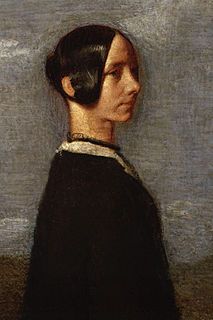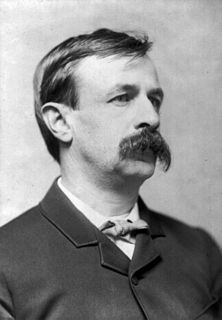A Quote by Art Spiegelman
I'm supposed to be making comics, so I had to do it the best way I knew how, which is what those guys at the beginning of the Twentieth Century were doing.
Related Quotes
In early comics, you see the amazing awkwardness and bizarre reasoning in the storyline, and it's because comics hadn't really been invented yet. There was no format for them to follow. They were just making it up. So I try to incorporate that kind of awkwardness in my comics quite frequently, which is odd. In some ways, I can't be as awkward as I'd like. But I do think that's one way in which my comics are unusual, because I will try to make the artwork look bad, occasionally.
In the past 20 years alone, it adds up to more death than were caused by all the civil and international wars adn government repression of the entire twentieth century, the century of Hitler and Stalin. How much would we give to prevent those horrors? Yet how little are we doing to prevent today's even larger toll and all the misery that it involves? I believe that if you read this book to the end, and look honestly and carefully at our situation, assessing both the facts and the ethical arguments, you will agree that we must act.
It has been said that the three great develpments in twentieth century science are relativity, quantum mechanics, and chaos. That strikes me the same as saying that the three great developments in twentith century engineering are the airplane, the computer, and the pop-top aluminum can. Chaos and fractals are not even twentieth century ideas: chaos was first observed by Poincare and fractals were familiar to Cantor a century ago, although neither man had the computer at his disposal to show the rest of the world the beauty he was seeing.
I cannot sufficiently celebrate the glorious liberty that reigns in the public libraries of the twentieth century as compared with the intolerable management of those of the nineteenth century, in which the books were jealously railed away from the people, and obtainable only at an expenditure of time and red tape calculated to discourage any ordinary taste for literature.
Scoring, that's my thing... Didier Drogba, Samuel Eto'o, those were the guys that we looked at as kids like, 'Man, they're doing it, and they're doing it at a high level.' We would see them on TV. So, it wasn't much about basketball, to be honest, it was just those type of athletes. Those guys were the guys that we looked at as kids.
The great crimes of the twentieth century were committed not by money-grubbing capitalists but by dedicated idealists. Lenin, Stalin, and Hitler were contemptuous of money. The passage from the nineteenth to the twentieth century has been a passage from considerations of money to considerations of power.







































